Primative Antique Yard Winder
$29.99
The primitive antique yarn winder, also known as a weasel, is a handcrafted wooden tool used in the 18th and 19th centuries for measuring and winding yarn into skeins
As the winder turns, it helps create evenly sized skeins, making it an essential tool for weavers, knitters, and spinners. Great for collectors of Americana.
1 in stock
**NO SHIPPING AVAILABLE – PICK UP ONLY**
The primitive antique yard winder, also known as a weasel, is a handcrafted wooden tool used in the 18th and 19th centuries for measuring and winding yarn into skeins. Typically constructed from hardwood such as oak, walnut, or maple, this functional yet beautifully simple device consists of a central post with a rotating wooden frame or arms. As the winder turns, it helps create evenly sized skeins, making it an essential tool for weavers, knitters, and spinners.
History & Significance:
Before the industrialization of textile production, spinning and weaving were labor-intensive processes, and tools like the yard winder played a crucial role in preparing yarn for use. In rural homes, women and children would spin wool or flax into thread, then use the winder to measure and prepare skeins for knitting, weaving, or dyeing.
By the late 19th and early 20th centuries, as factory-made textiles became more common, these handcrafted tools gradually fell out of daily use. However, they remained symbols of self-sufficiency and craftsmanship, often passed down through generations.
Today, primitive antique yard winders are sought after by collectors of early Americana, textile historians, and rustic decorators. Whether displayed as a farmhouse-style décor piece or preserved as a working artifact of early textile production, these winders serve as reminders of a time when handcrafting was a way of life.

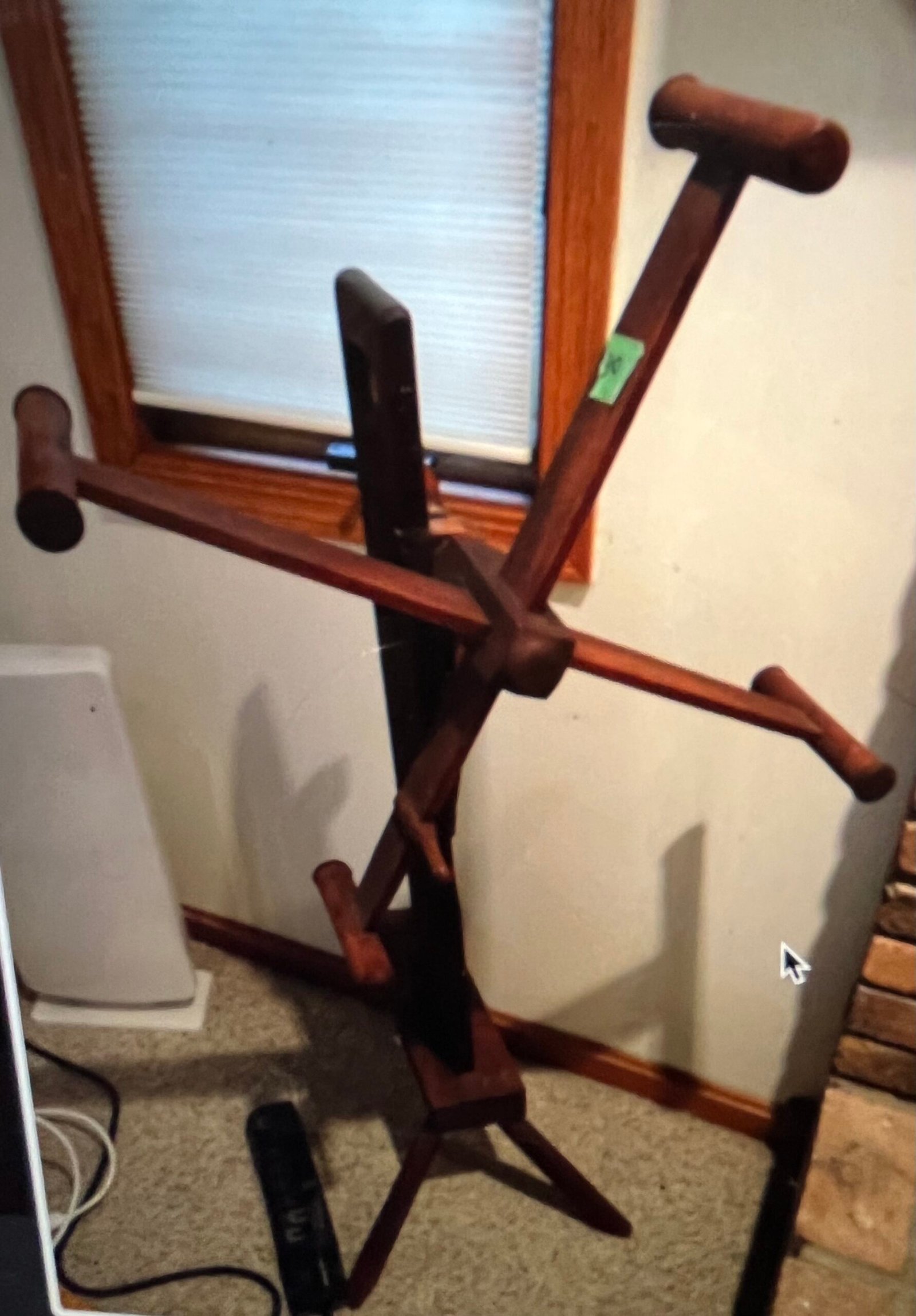
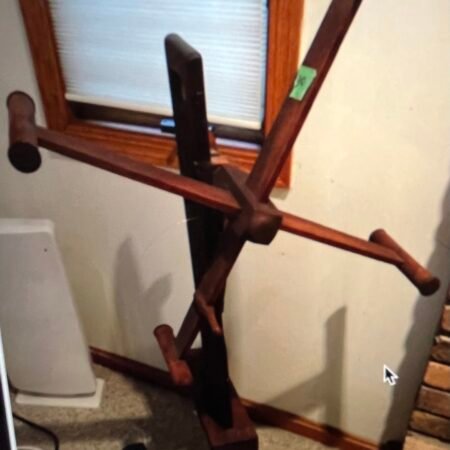

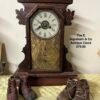




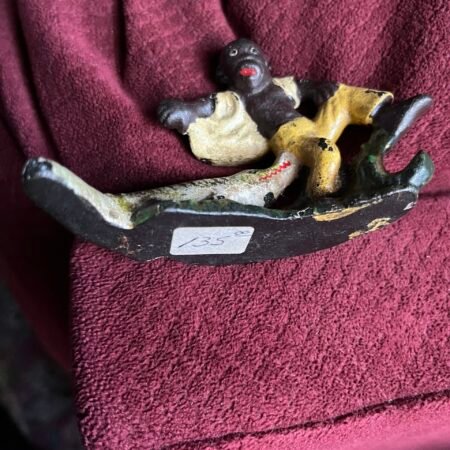
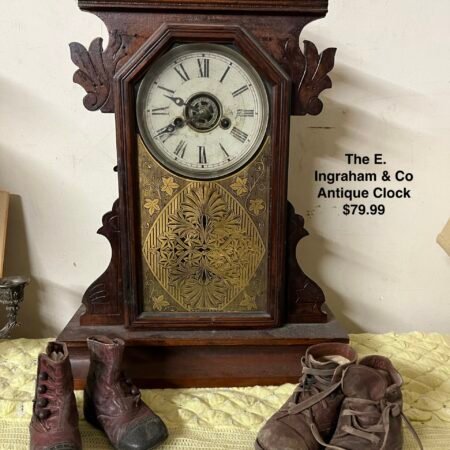

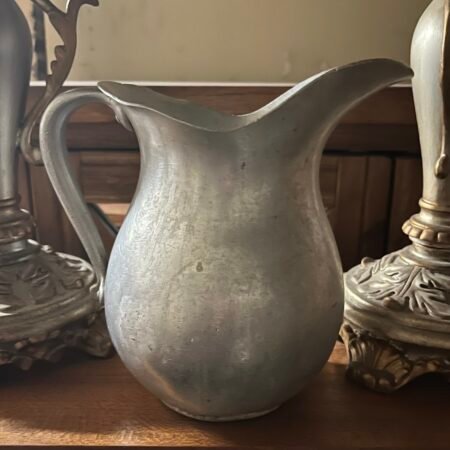
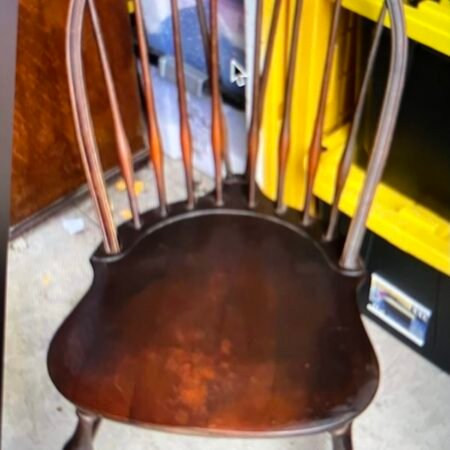
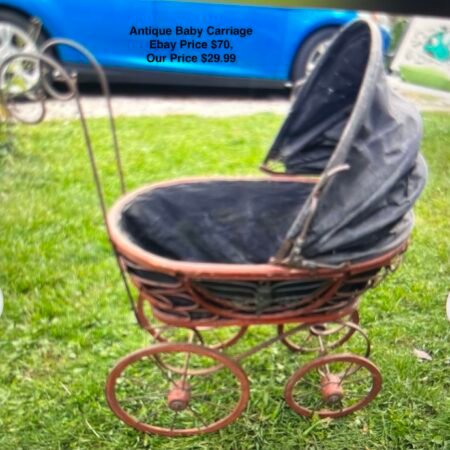

Reviews
There are no reviews yet